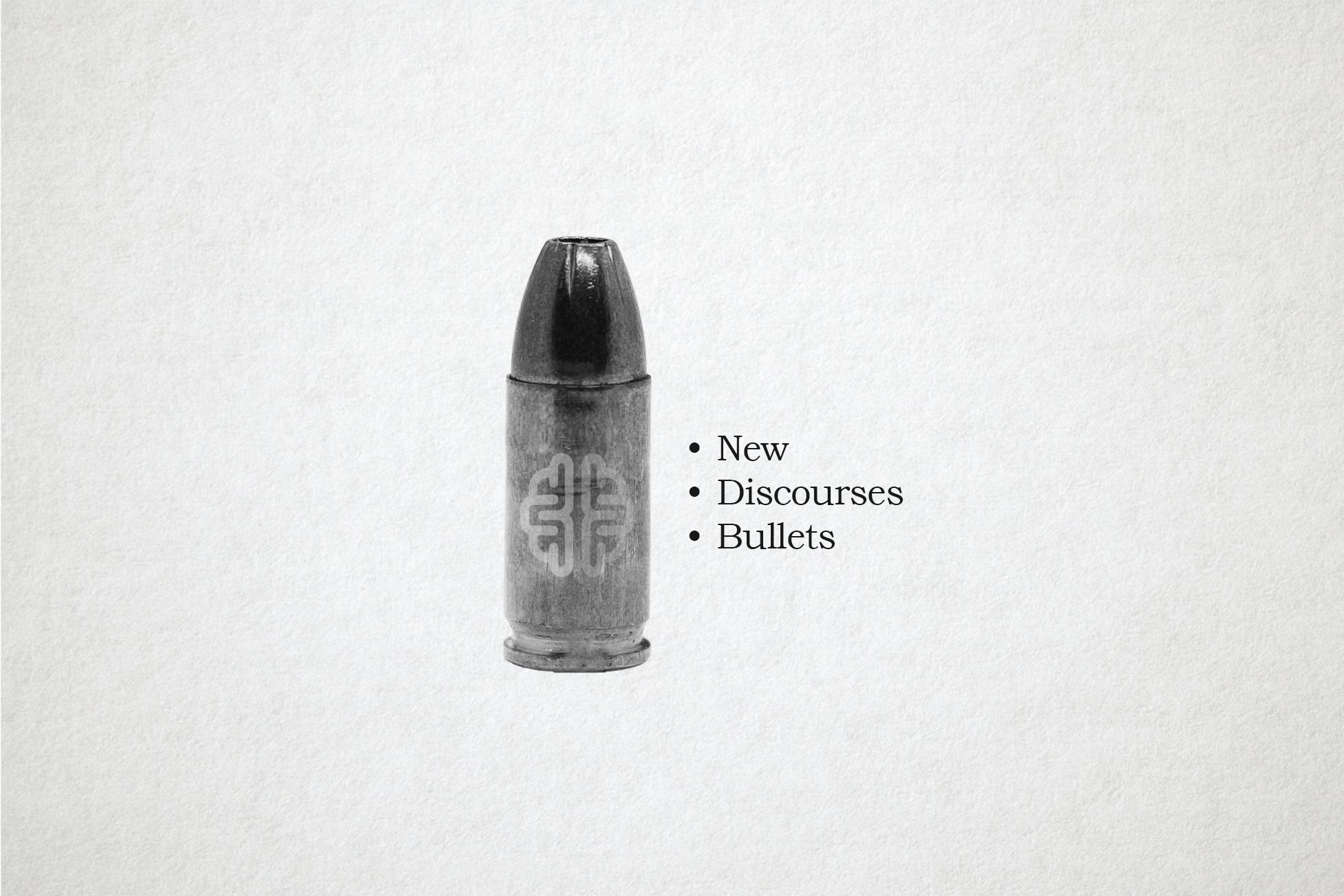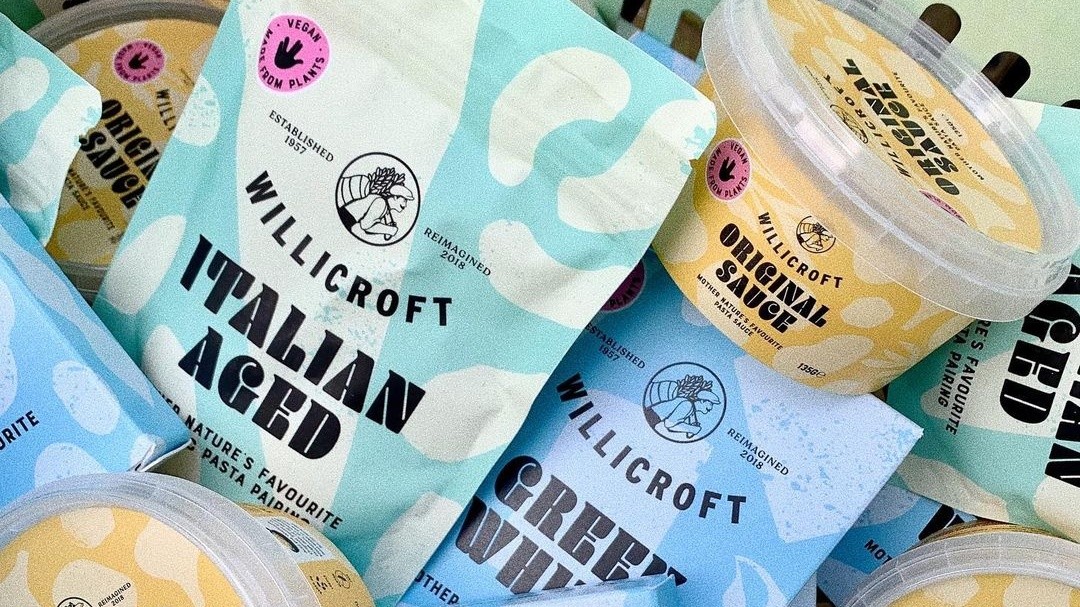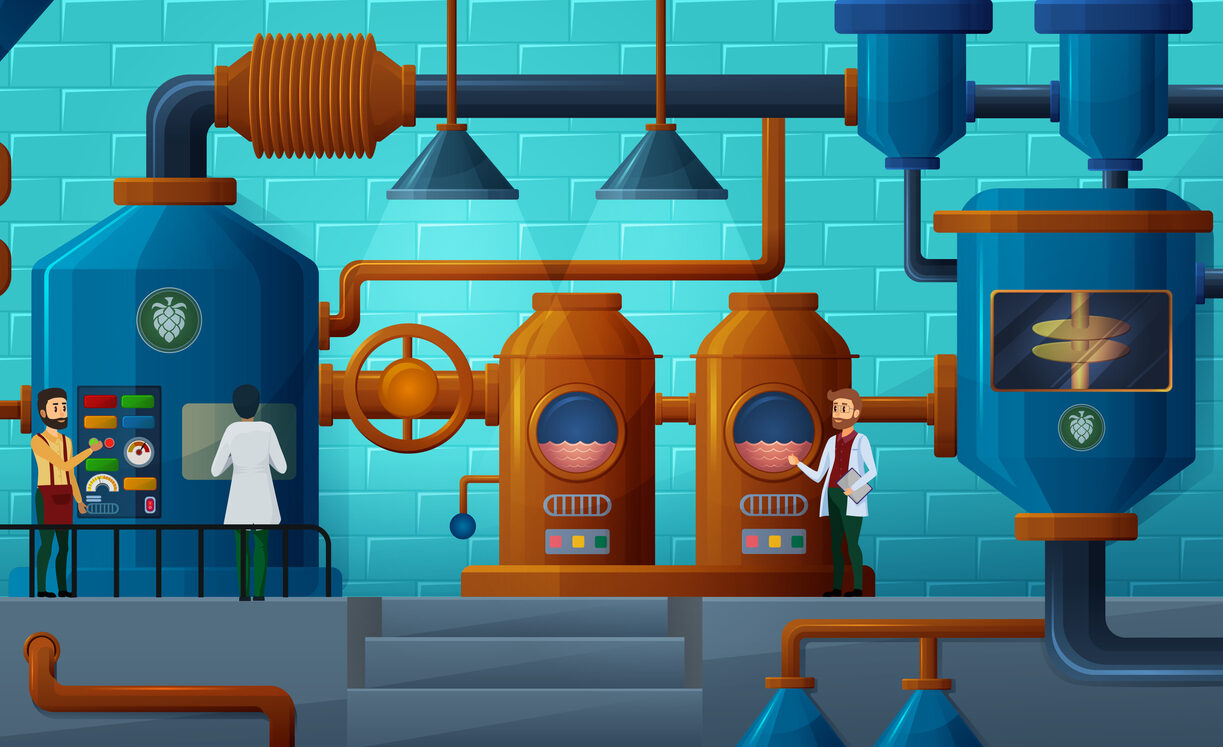There is a lot of attention on Ukraine at the moment, understandably. But there is a looming crisis here in the UK and it seems to be taking up very little media space.
Every year about 10,000 people die due to cold homes in the UK, according to the charity National Energy Action (NEA). Cold homes cause needless death, physical and mental ill-health, damaged life chances and also add more strain on our health service. What depressing and unnecessary deaths for one of the world’s richest countries.
There will be an energy price cap rise of 54% on the 1st April this year. The price cap limits the rates a supplier can charge for their default tariffs, which include the standing charge and price for each kWh of electricity and gas. It doesn’t cap your total bill, which will change depending on how much energy you use.
This follows price increases last year when the default tariff rose in October 2021, pushing over half a million more homes into fuel poverty, according to the NEA.
This coming increase in April will mean heating your home costs double compared to last year. At the same time, those on the lowest incomes have seen incomes drop, and inflation will cause the sharpest decline in real income since the 1970s.
The increase is driven by a record rise in global gas prices over the last 6 months, with wholesale prices quadrupling in the last year. 29 energy companies have exited the market or been put in special administration in the wake of soaring global gas prices, affecting around 4.3 million domestic customers.
This frightening news has scarcely touched the headlines at a time when all eyes are on Ukraine. This week, media attention is focussed on bringing refugee Ukrainians into our homes, but we should also be focussed on how we are going to heat our homes.
The Guardian asked whether turning down our radiators could turn up the heat on Putin, after the global energy watchdog International Energy Agency (IEA) laid out a 10-point proposal, showing how Europeans could reduce consumption of Russian gas by turning down their thermostats. It leaves a bitter taste in the mouth to suggest we turn our thermostats down one degree to fight Putin, when many thousands are already to die of the cold here in the UK.
Is the war in Ukraine offering dense cover for pre-existing problems? The surge in natural gas prices has resulted from post-pandemic demand outstripping supply, and cannot be blamed solely on the war.
The crippling prices meant most us were going to turn our heating down anyway, so is this ‘do your part for the war’ messaging designed – at least in part – to unite us and make us feel better about it? It smacks of the sort of behavioural science messaging that has rained upon us for the last two years.
The trouble is that just as the middle classes survived lockdowns more comfortably than the poorest and most disadvantaged, they will still be able to heat their homes while feeling virtuous about chipping one degree off the thermostat ‘to fight Putin’. But many thousands will freeze to death because they can’t afford any heating.
Some environmental campaigners have been quick to suggest that decarbonisation and accelerating the development of renewables is the answer. However, we don’t have enough wind and solar power to meet demand. After the market has used up the (heavily subsidised) output of the wind fleet, it buys from gas-fired power stations, which means gas ends up commanding the market prices. Furthermore, if we have more renewables and use gas-fired power stations less often, then they will probably have to raise their prices more to keep getting a return. So, to thwart Putin we might need more British gas.
I turned my heating down this winter when my energy bills climbed. I’m more worried about next winter. I don’t want my own household to be colder, but I’m appalled and sickened at the idea of poor and elderly people having to choose between heating and eating. No one should die of fuel poverty in the UK in this day and age.
What are the options? I can’t claim to hold all the answers in such a complex field. The government could reduce VAT and environmental levies on energy. The German government is setting a radical and effective example by scrapping renewables levies on energy bills in July to provide swift relief to German energy customers. Even without going that far, the UK government could offer more targeted support to the poorest and most vulnerable households by expanding the Warm Home Discount.
However, there are no easy fixes to a long term problem. As Ben Pile, writer, researcher and long-standing critic of environmentalism, told me:
“Prices are rising because decades of green thinking has put ideological ambition before people’s very real basic needs. Policy has been causing the capital cost of reliable energy to increase, and so investment has fallen, and now we have the inevitable supply crisis, which green infrastructure is not capable of solving. This is not a technical problem, it is an economic and political problem. But politicians from all parties have signalled that they are unable or unwilling to take the problem seriously, and look set to instead use this crisis to further the green agenda.”
Something needs to be done, and fast. Chancellor Rishi Sunak is under pressure to use his forthcoming spring statement on the 23rd March to increase the immediate financial support on offer to households – and there’s no doubt this is needed.
For two years, government ministers and mainstream media told us ‘don’t kill granny’ and that we should do what it takes to save one life. I despair that we are not looking ahead with more urgency at the imminent crisis. The truth is cold on the home front.
Please subscribe to support my writing!
Source link
Author Laura Dodsworth







